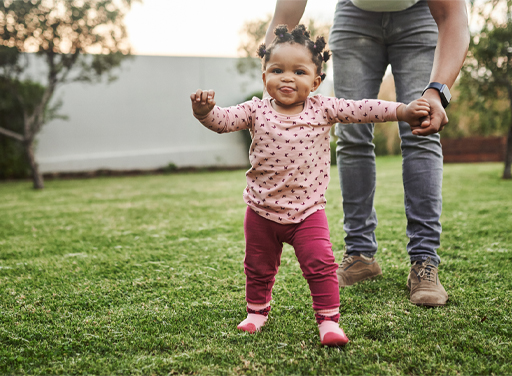3.2 Message 2: Knowledgeable adults are needed
The role the adult plays when supporting young children outside is critical. It is up to them whether babies and toddlers get to go outside and whether their experiences outdoors are positive and enjoyable. Important, too, is the way adults observe children to note their engagement with the outdoor opportunities. There are some concerns that practitioners choose not to engage actively with the children’s learning outdoors considering instead that if the children are outside, they are benefiting so there is no need to do anything else! Dinkel et al. (2019) noticed this when they carried out research in two settings in the USA. Here the practitioners seldom initiated or intervened in any of the children’s activities. This is not to criticise practitioners but rather to suggest that they need support and training to know how to develop their role in children’s learning when outdoors so that they can provide the best experiences for them (Hall et al., 2014, p. 202). When Bento and Dias (2017) carried out their research in Portugal, mentioned in Section 2, they concluded:
It is fundamental to promote conditions for adults to feel comfortable and motivated during the time spent outside. Adult involvement will influence the type of experiences that children have access to.
It is also seen as important to engage with parents and develop their understanding of the benefits of the outdoors. A study by Rouse (2015), found that settings had a tendency not to document the learning that happened outdoors and so parents were less engaged with it as they felt it had lower status to what happened indoors.

